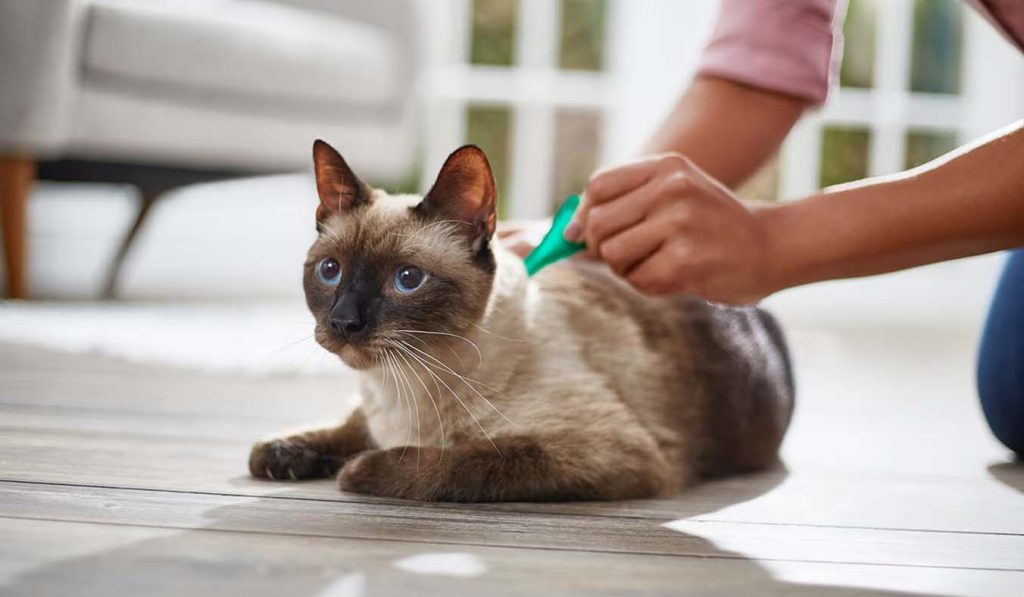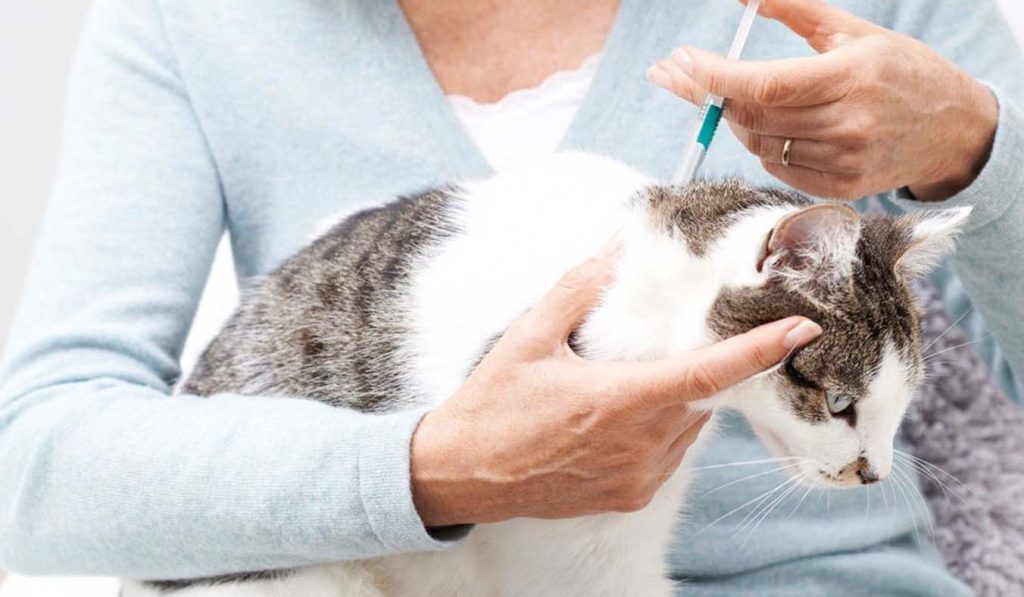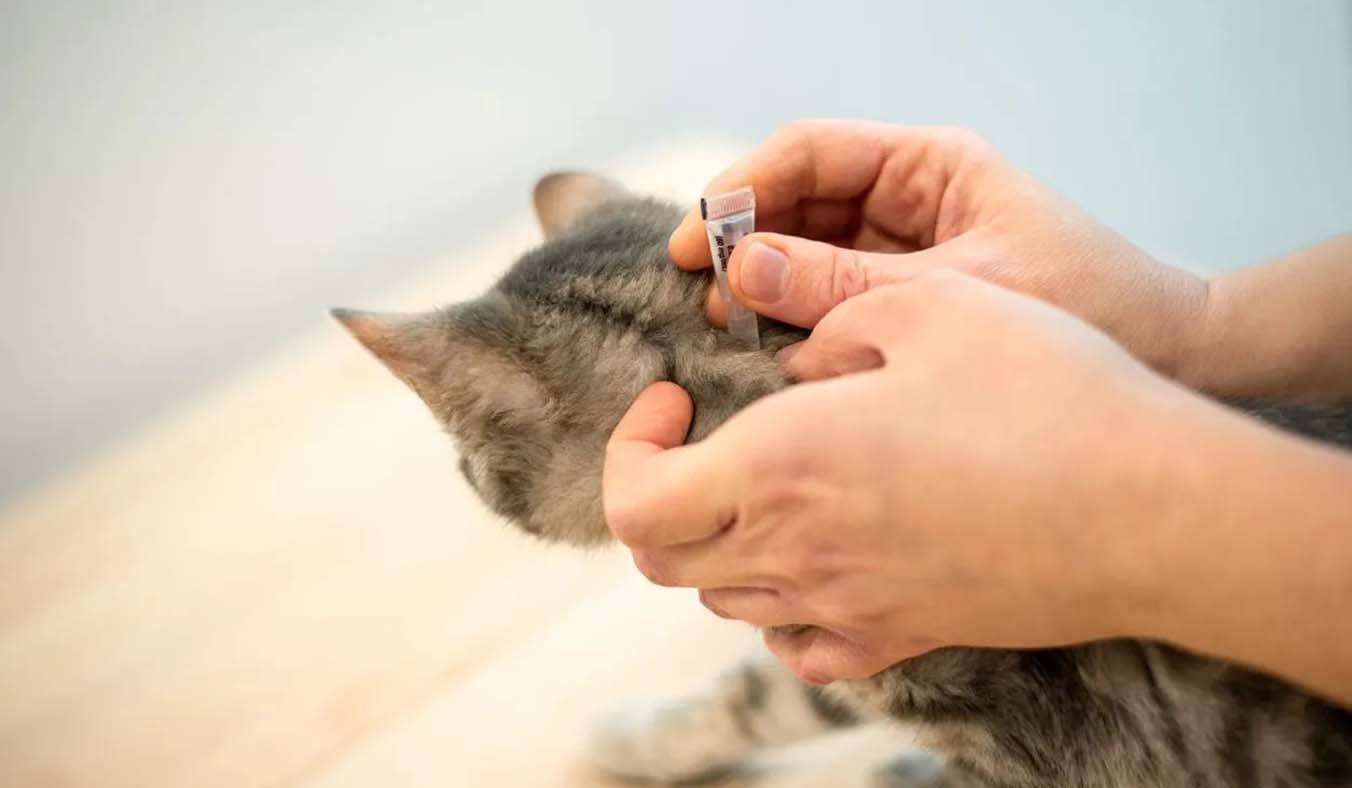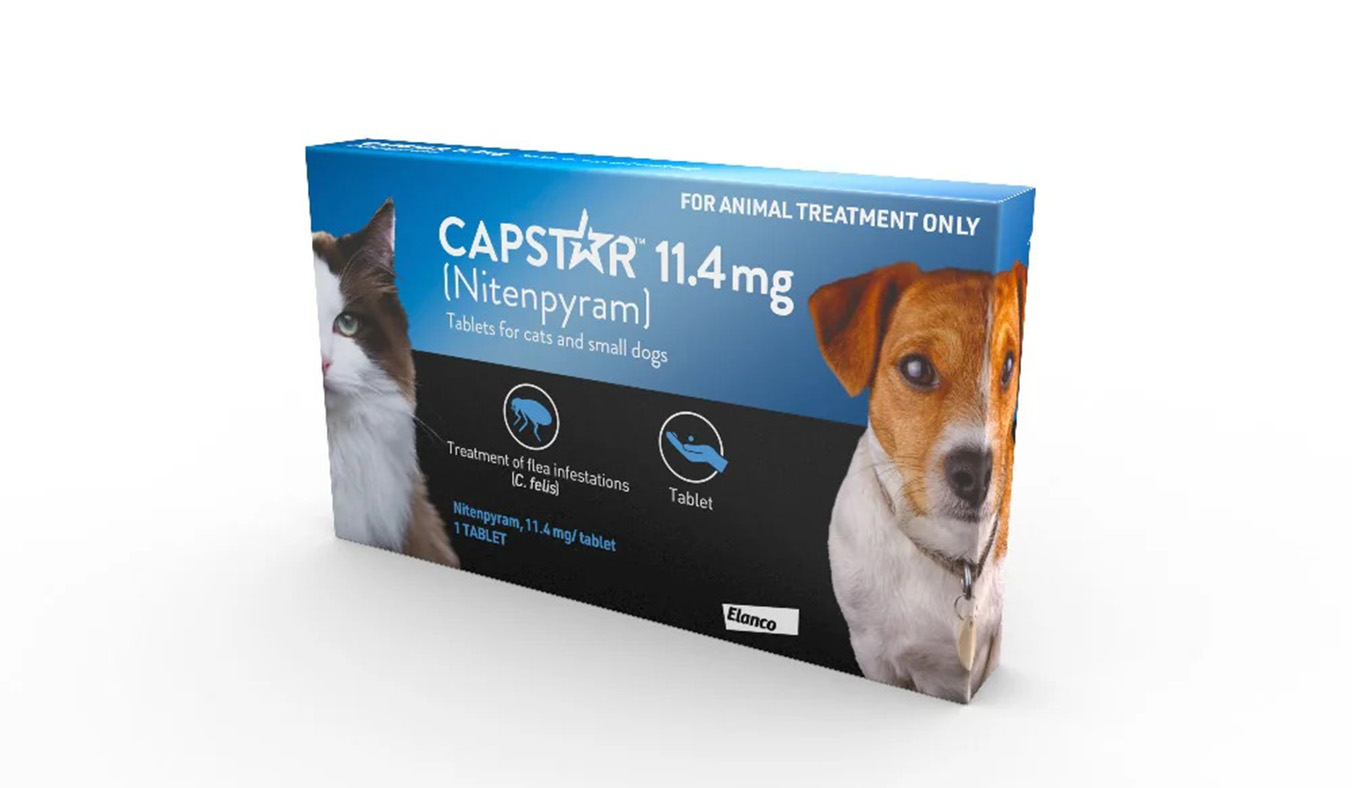Fleas can be a pesky problem for kittens, causing discomfort and potential health issues if left untreated. However, treating fleas on kittens requires careful consideration due to their young age and vulnerability. Here’s a guide to safely and effectively remove fleas from kittens:
Safe Methods to Treat Fleas on Kittens:

- Topical Treatments:
Topical flea treatments are available for kittens as young as eight weeks old. These treatments usually come in the form of spot-on solutions applied to the back of the kitten’s neck. It’s essential to use products specifically labeled for kittens and strictly adhere to the instructions provided. Avoid using products intended for adult cats or other animals, as they may contain ingredients that are harmful to kittens. - Flea Combing:
Flea combing is a gentle and safe method to physically remove fleas and flea dirt from a kitten’s fur. Using a fine-toothed flea comb, carefully comb through your kitten’s coat, paying close attention to areas where fleas are likely to hide, such as around the neck, behind the ears, and along the back. Dip the comb in soapy water after each stroke to drown any captured fleas. This method is particularly suitable for very young kittens who may not be old enough for other treatments. - Prescription Treatments:
In certain situations, your veterinarian may prescribe prescription flea treatments that are safe for use on kittens. These treatments are often more potent than over-the-counter products and may be necessary for severe infestations or kittens with underlying health conditions. Your veterinarian will assess your kitten’s age, weight, and overall health before recommending a prescription treatment and provide instructions for safe administration.
When treating fleas on kittens, it’s essential to prioritize their safety and well-being. Always consult with your veterinarian before starting any flea treatment regimen, especially for young or fragile kittens. With the right approach and guidance, you can effectively manage fleas on your kitten and ensure their continued health and comfort.
Safe Methods for Treating Fleas on Kittens:
- Consult Your Veterinarian:
Always consult your veterinarian before initiating any flea treatment for your kitten, particularly considering their young age and vulnerability. Your vet can offer personalized advice based on your kitten’s health status and recommend the safest and most effective treatment options. - Follow Dosage Instructions:
When using over-the-counter flea treatments, strictly adhere to the dosage instructions provided on the product packaging. Ensure that you select a product specifically formulated for kittens and apply it according to the manufacturer’s guidelines. Using the wrong dosage or applying the product incorrectly can pose risks to your kitten’s health. - Monitor for Adverse Reactions:
After administering the flea treatment, closely monitor your kitten for any adverse reactions. Watch for symptoms such as excessive drooling, lethargy, vomiting, diarrhea, or signs of skin irritation. If you observe any concerning reactions, contact your veterinarian immediately for further guidance. - Avoid Home Remedies:
While it may be tempting to explore home remedies for flea treatment, such as essential oils or herbal solutions, these can be dangerous for kittens, leading to toxicity or skin irritation. Stick to vet-approved flea treatments specifically designed for kittens to ensure their safety and well-being. - Environmental Control:
In addition to treating your kitten, implement measures to control fleas in your home environment. Vacuum regularly, wash bedding and other fabrics your kitten comes into contact with, and consider using flea control products in your home as recommended by your veterinarian.
By following these safe and responsible methods for treating fleas on kittens, you can effectively manage flea infestations while safeguarding your kitten’s health and well-being. Always prioritize their safety and consult with your veterinarian for expert guidance and support.
How to Obtain Prescription Flea Treatments for Kittens:

- Schedule a Veterinary Appointment:
Begin by scheduling a veterinary appointment for your kitten. During the appointment, your veterinarian will conduct a thorough examination to assess your kitten’s overall health and determine the most suitable flea treatment option based on their age, weight, and any existing medical conditions. - Prescription Issuance:
If your veterinarian recommends a prescription flea treatment, they will provide you with a prescription that you can use to obtain the medication. Your veterinarian may dispense the prescription directly from their clinic or provide you with a written prescription that you can fill at a veterinary pharmacy or a reputable online pharmacy. - Visit a Veterinary Pharmacy:
Take the prescription to a licensed veterinary pharmacy, where trained professionals can dispense the medication according to your veterinarian’s instructions. Veterinary pharmacies typically carry a wide range of prescription flea treatments specifically formulated for kittens, ensuring that you can find the most appropriate option for your pet’s needs. - Follow Veterinarian’s Instructions:
Upon receiving the prescription flea treatment, carefully follow your veterinarian’s instructions for administering the medication to your kitten. Pay close attention to dosage, frequency of application, and any other specific guidelines provided by your veterinarian to ensure the treatment is administered safely and effectively. - Regular Monitoring and Follow-up:
After initiating the flea treatment, schedule regular follow-up appointments with your veterinarian to monitor your kitten’s response to the medication and address any concerns or questions you may have. Your veterinarian can assess the effectiveness of the treatment and make any necessary adjustments to ensure optimal flea control and your kitten’s well-being.
By following these steps and working closely with your veterinarian, you can obtain prescription flea treatments that are safe and effective for your kitten, helping to protect them from flea infestations and associated health risks.
By following these guidelines and working closely with your veterinarian, you can safely and effectively rid your kitten of fleas, providing them with relief and ensuring their continued health and well-being.



